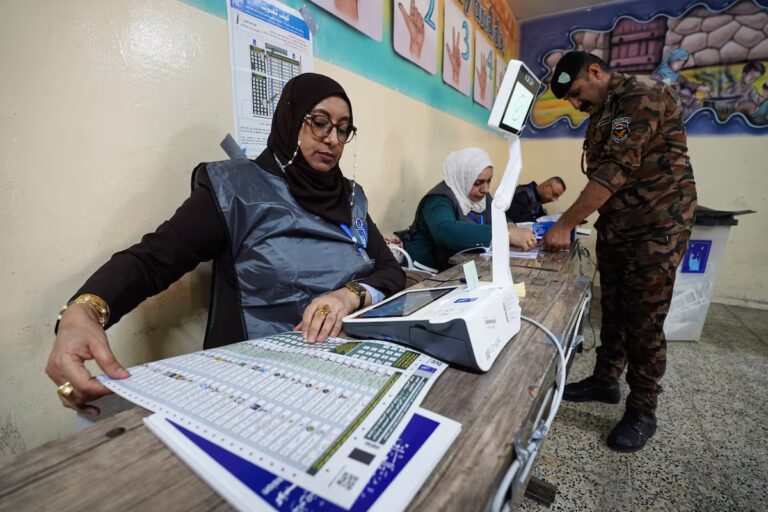
This Monday (10/11), the Ministry of Finance’s Prizes and Gaming Secretariat published in the Official Gazette (DOU) an ordinance expanding the rules for the fixed-odd betting sector, with a focus on bettor protection.
The Regulation amends Ordinance No. 1,231/2024, also known as the “Responsible Gambling Ordinance”, detailing self-exclusion procedures, usage restrictions and obligations of gambling operators.
Please also read
-
economy
Gambling revenue could reach 5 billion reais in 2026, Haddad said.
-
economy
Haddad: “The good thing about PL is that they work with the government to tax the bets.”
-
work
Stricter rules against irregular bets will begin to apply. understand
-
economy
Government to raise R$6.8 billion in 2025, an increase of 17,000%
There are currently two types of self-exclusion.
Specific: Requests are made directly on the operating agent’s platform.
Centralization: This will be done through a platform controlled by the Secretariat, and the user’s access to all betting systems will be blocked. Both can be temporary or indefinite.
Operators must provide a link visible to users to request central deletion. It has been decided that bettors will be able to define usage limits both in time and amount of movement. Possibility of warning or temporary suspension. It is also prohibited for operators to enter into commercial agreements that favor access to credit for betting.
Additionally, user registration will be more stringent. You will need to register your full address, telephone number, email, bank or deposit details, loss and time limits, photocopies of documents, and your IP address at the time of registration.
Operations personnel will have 90 days to adapt their systems to the new requirements. After this period, users must renew their registration. You should also review the terms of service when notifying users to renew their consent.
This ordinance will come into effect from the date of promulgation. Future legislation will define technical procedures to prevent centralized self-excluded users from continuing to access the system.
According to data from the Federal Board of Revenue, from January to September 2025, the government raised R$6.85 billion from gambling and gambling dens.
With this measure, the government aims to strengthen consumer protection in the face of a growing fixed-odd betting market, while also putting pressure on operators to adopt stricter compliance and control standards.



